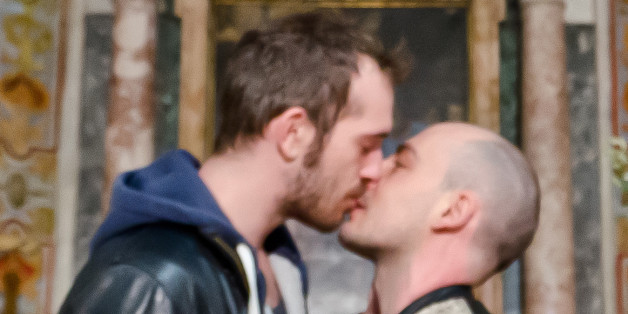Por DAVID TRUEBA
Decidir lo que se va a estudiar en los próximos cuatro años es una de las elecciones más trascendentes, por mucho que nadie parezca prestarle atención
Hoy es martes, pero en estos días muchos españoles se enfrentan a una elección trascendental. Son los españoles que más cuentan, aquellos que aún no se mueven por rencores ni prejuicios adquiridos, sino que cuando levantan la cabeza lo único que ven es el futuro. Son los que saben que nadie va a venir a solucionarles la vida, sino que aspiran a sumergirse en un reto personal e intransferible y lo hacen con enorme convicción. Están a punto de dar un paso trascendental, después del lujo de la irresponsabilidad. Su elección es callada, en muchos casos sin publicidad ni cámaras, sin campaña, sin demasiada información, sin que sean válidos los consejos de los que antes pasaron por ello, porque la experiencia es un valor, pero nunca dos vidas fueron idénticas. Muchos jóvenes españoles, después de pasar el examen de Selectividad, que será sustituido por exámenes similares con otro nombre tan feo, afrontan en estos días el proceso de matriculación en sus universidades.
La elección de lo que van a estudiar en los próximos cuatro años, de dónde van a colgar su esfuerzo, de cómo van a transformar su vocación y su pasión en una profesión, es una de las elecciones más trascendentes, por mucho que nadie parezca prestarle atención. El futuro de nuestro país depende de ello, porque del acierto al escoger y del funcionamiento universitario pende nuestro destino. Hay muchos jóvenes a los que su entorno intenta inclinar hacia carreras cargadas de promesa de empleo, de futura estabilidad, de rentables ingresos. Ojalá que su perspicacia les ayude a entender que lo más rentable de una vida profesional es entregarla a aquello que te apasiona. Supongo que a estas alturas ya han catado el sabor de la estafa, la amarga conciencia de que no todo lo que te cuentan es verdad, la insistencia de ejemplos muy relevantes por convencerlos de que el oportunismo, la trampa y el arribismo siempre se salen con la suya.
Aún no saben que toda carrera te decepciona. No puede ser de otra manera si guardas enormes aspiraciones. Pero a lo mejor encuentran una asignatura, un profesor, un compañero, un cruce de senderos, una intuición que les guíe hasta ese sitio en el que imaginan la vida plena de adultos. El panorama es desolador. Nunca ha estado tan desprestigiado estudiar ni tan prestigiado ser imbécil. Nunca la propaganda comercial ha puesto tanto empeño en disfrazar el vacío de plenitud. Nunca estuvo tan abandonado el valor educativo sin un gramo de culpa. Por eso lo tienen más difícil que nadie. Y estos días su elección y su tino dibujará nuestro futuro.
El País, martes 21 de junio de 2016


